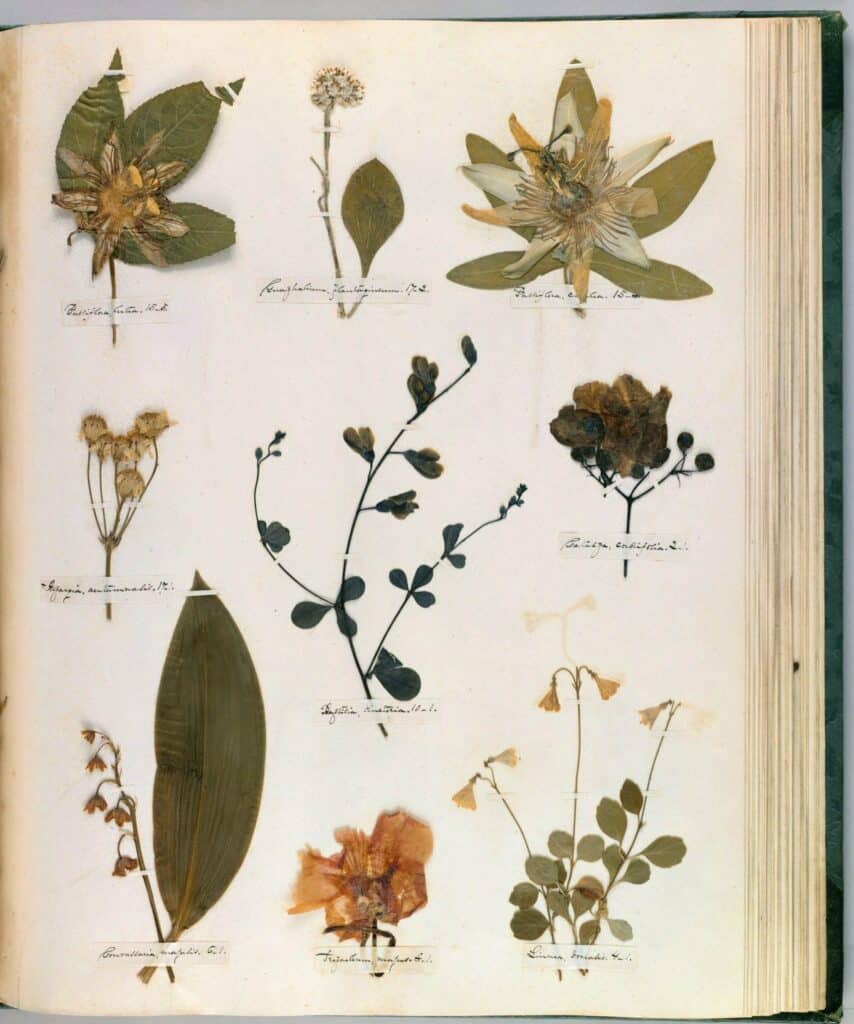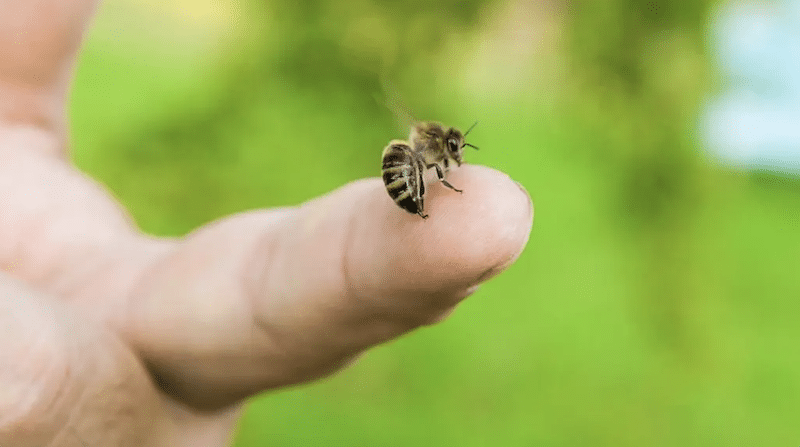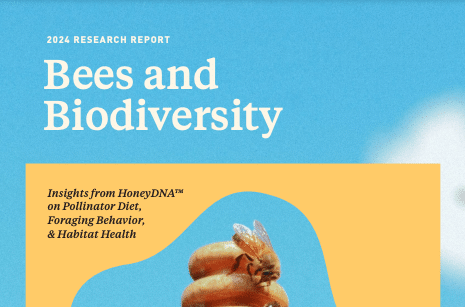Cover photo is a page from Emily Dickinson’s herbarium (Houghton Library, Harvard University)
While Emily Dickinson is considered one of the most important figures in American poetry, many people are unaware of her love for botany and gardening. Out of the 1800 or so poems written during her lifetime, her knowledge of plants and flowers emphasized her passion for observing worker bees from her window sill.
According to the Emily Dickinson Museum, Emily Dickinson wrote about 100 poems on bees. “She was a keen observer of the natural world where hummingbirds and butterflies also captured her imagination.” In the poem below, Dickinson creates a one-way conversation from the perspective of a fly to a bee.
Bee! I’m expecting you!
Was saying Yesterday
To Somebody you know
That you were due—
The Frogs got Home last Week—
Are settled, and at work—
Birds, mostly back—
The Clover warm and thick—
You’ll get my Letter by
The seventeenth; Reply
Or better, be with me—
Yours, Fly.
In Sara D.’s article, “Emily Dickinson: Connecting Her Passion for Botany to Her Poetry,” she states, “To help decode Emily Dickinson’s poetry and writings, it helps to look at things from her perspective — the perspective of an expert botanist and a flower enthusiast.”
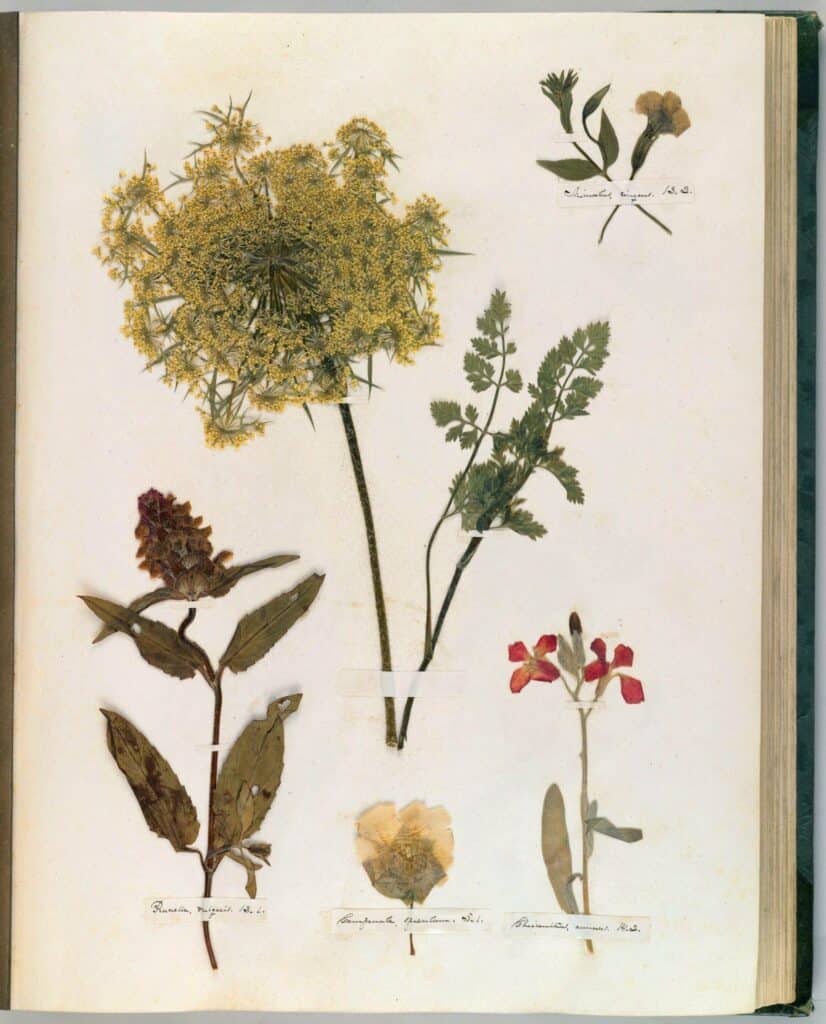
The life of flowers and the daily life of bees drive the nature of Dickinson’s poems about bees. Marta McDowell in the book Emily Dickinson’s Garden: A Celebration of a Poet and Gardener notes that since bees pirated much of their honey from her garden, she aptly nicknamed them “Buccaneers of Buzz.”
Since Dickinson’s poems relate to the sexual imagery of flowers and bees, it’s important to note that Judith Farr says “it is done with delicate irony.” For example:
The Flower must not blame the Bee –
That seeketh his felicity
Too often at her door –
But teach the footman from Vevay-
Mistress is ‘not at home’ – to say –
To people – any more! (F 235).
McDowell says, “After the temperature is above freezing, bees begin flying in search of nectar and pollen to replenish supplies consumed over winter.” The relationship between pollinators and the plants they forage is crucial to sustaining our ecosystems.
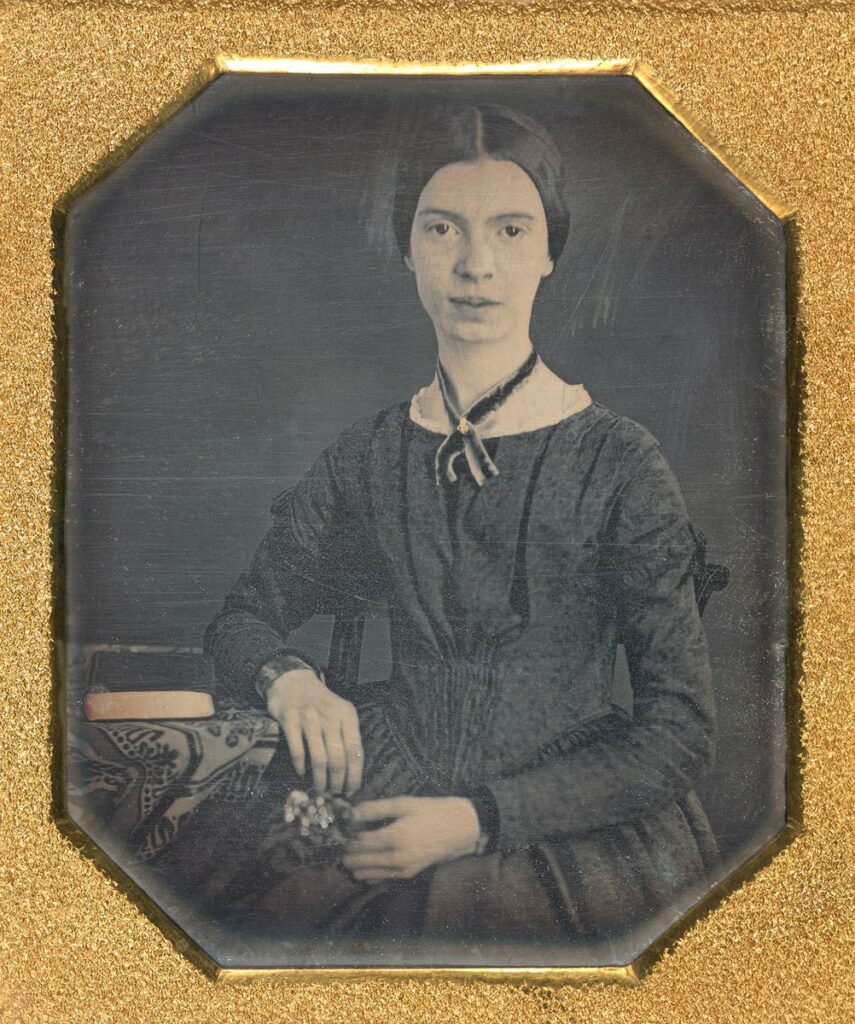
Keep this in mind the next time you come across Dickinson’s poems that observe nature and the world around her. You’ll see not only one of Amherst’s more notable poets, but a lover of all the natural things taking place in the world.


